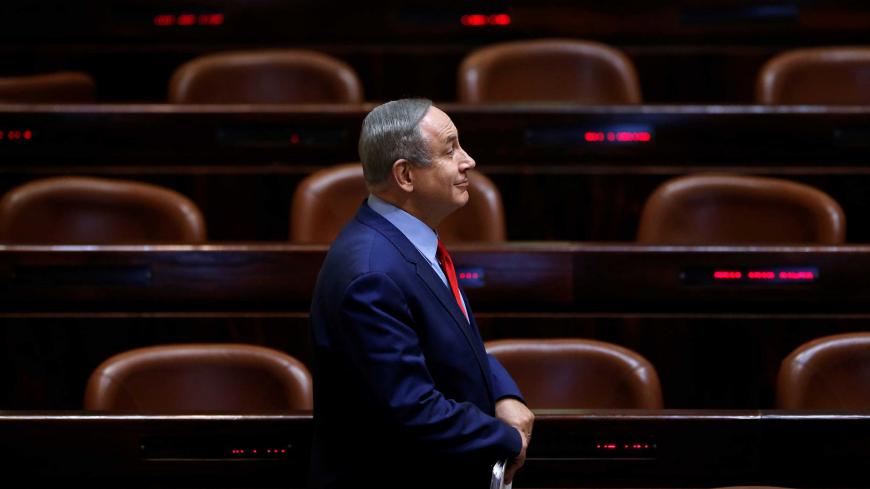Shortly before 10 p.m. on March 17, 2015, television broadcasters prepared to release the results of exit polling for the 20th Knesset elections conducted earlier in the day. Ultra-Orthodox Mizrahi supporters of Shas, led by Aryeh Deri, gathered at a rally to anxiously await the results. When Shas’ seven seats appeared on a chart of party votes, the hall filled with applause, though somewhat subdued. When a column showing Yachad, headed by Eli Yishai, falling below the electoral threshold needed to win seats in the Knesset, the roof of the hall almost collapsed from the cheering. Those in attendance were thrilled that Yishai, previously pushed out of Shas, had failed to be elected to the Knesset.
What happened that night regained relevance Oct. 22 with a Channel 2 report that Prime Minister Benjamin Netanyahu and his Likud Party intend to try to lower the electoral threshold required for a party to qualify for seats in the Knesset, from 3.25% to 2%, reversing the higher threshold approved in March 2014 by the previous coalition headed by Netanyahu and the Likud.


